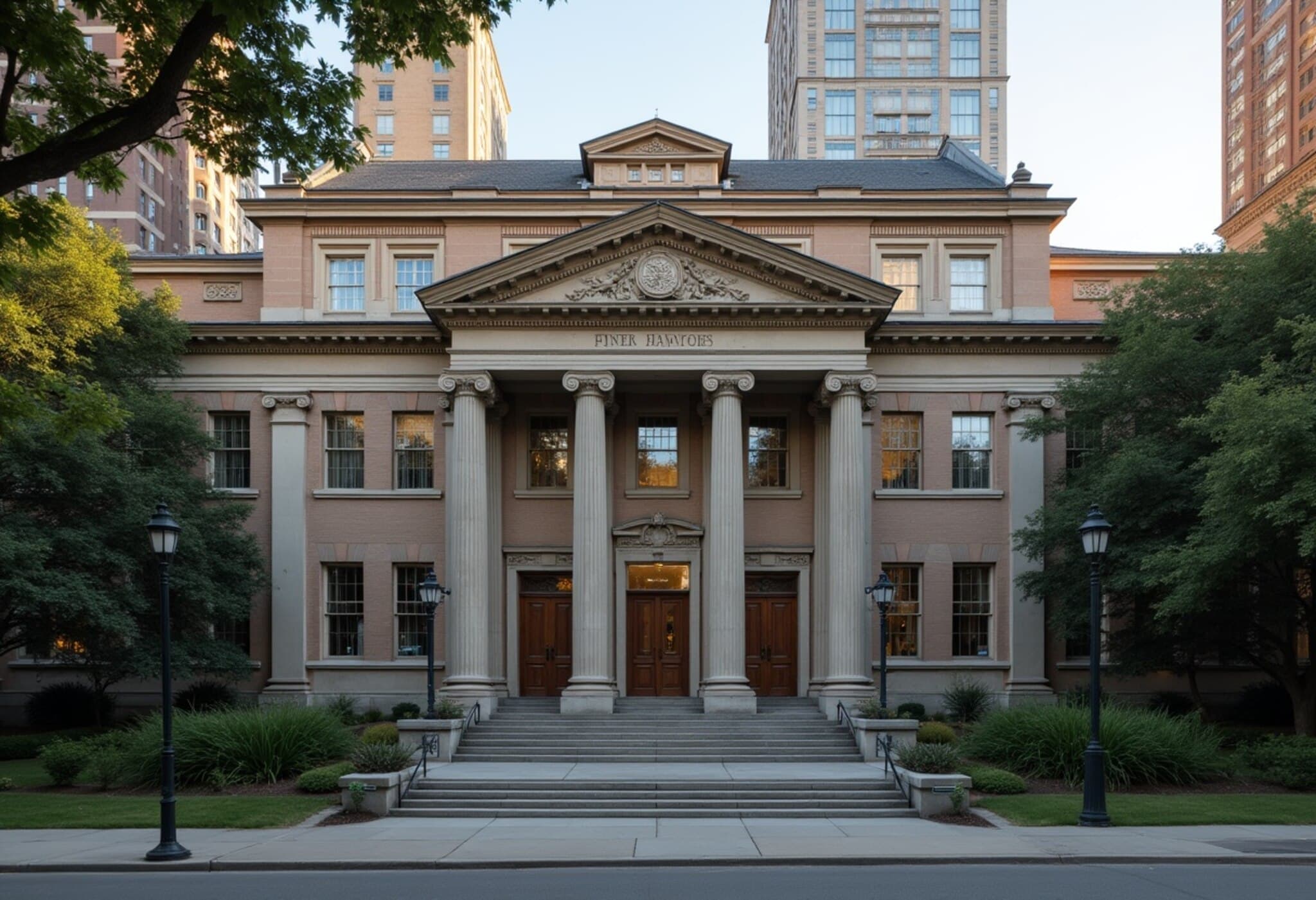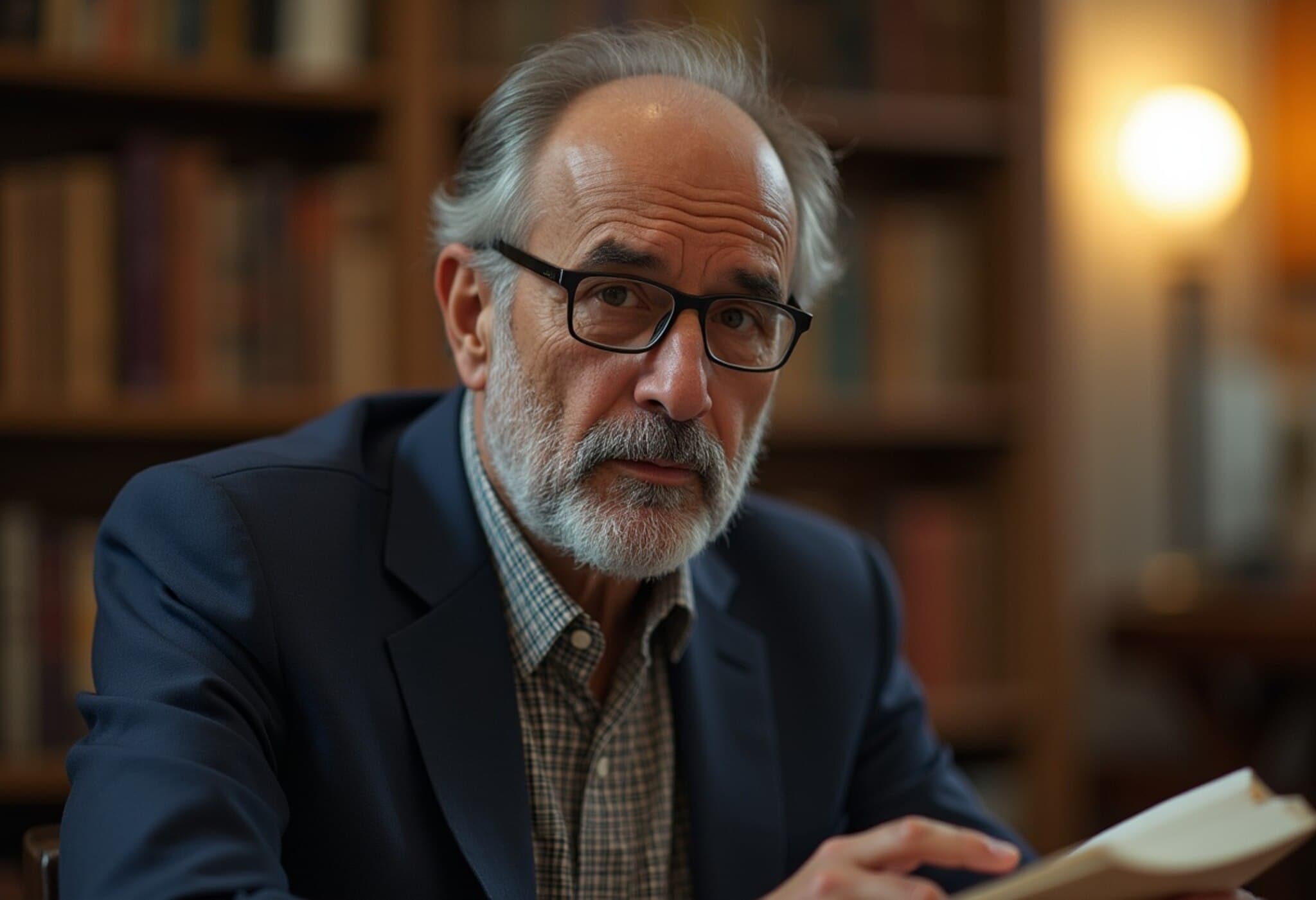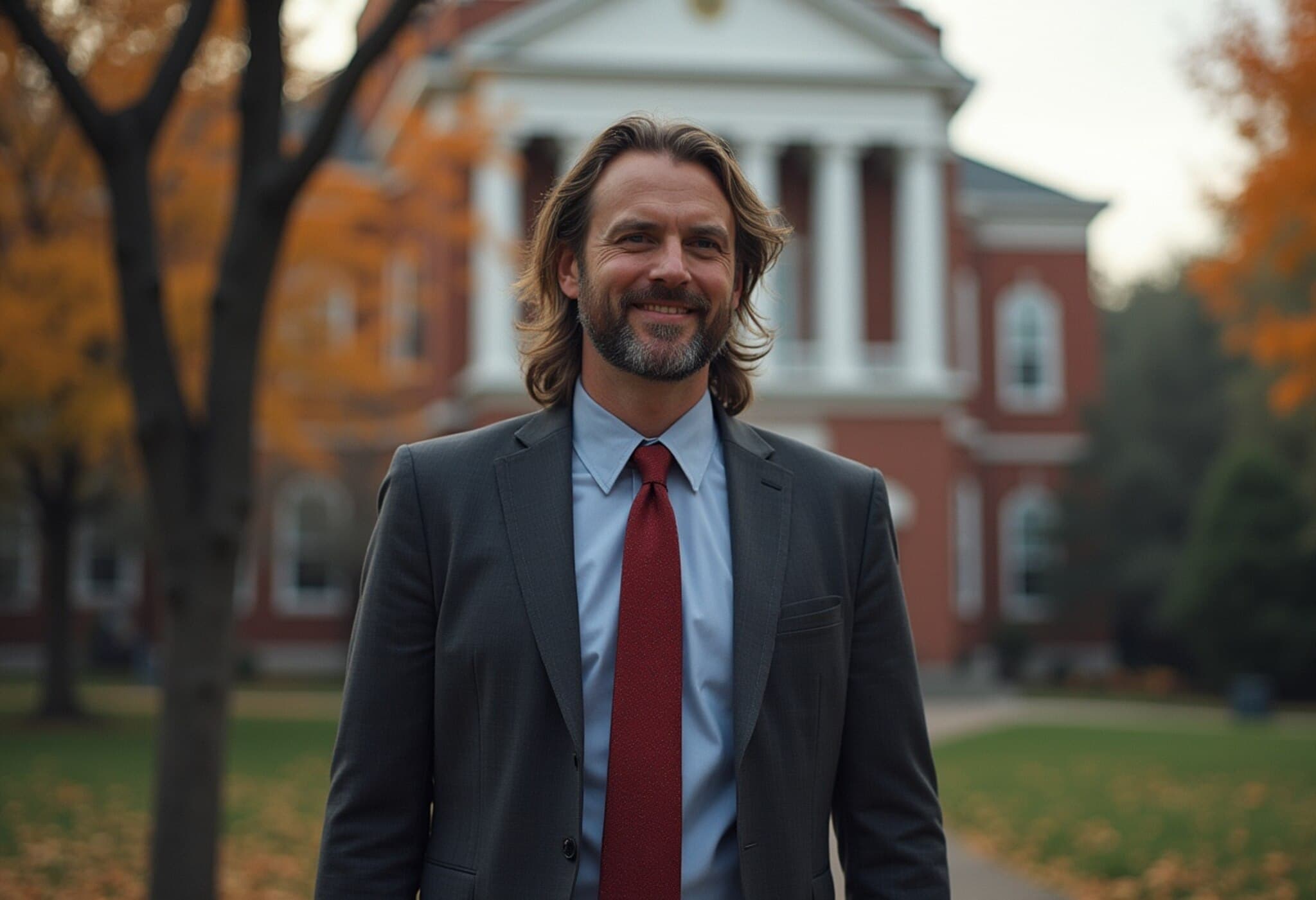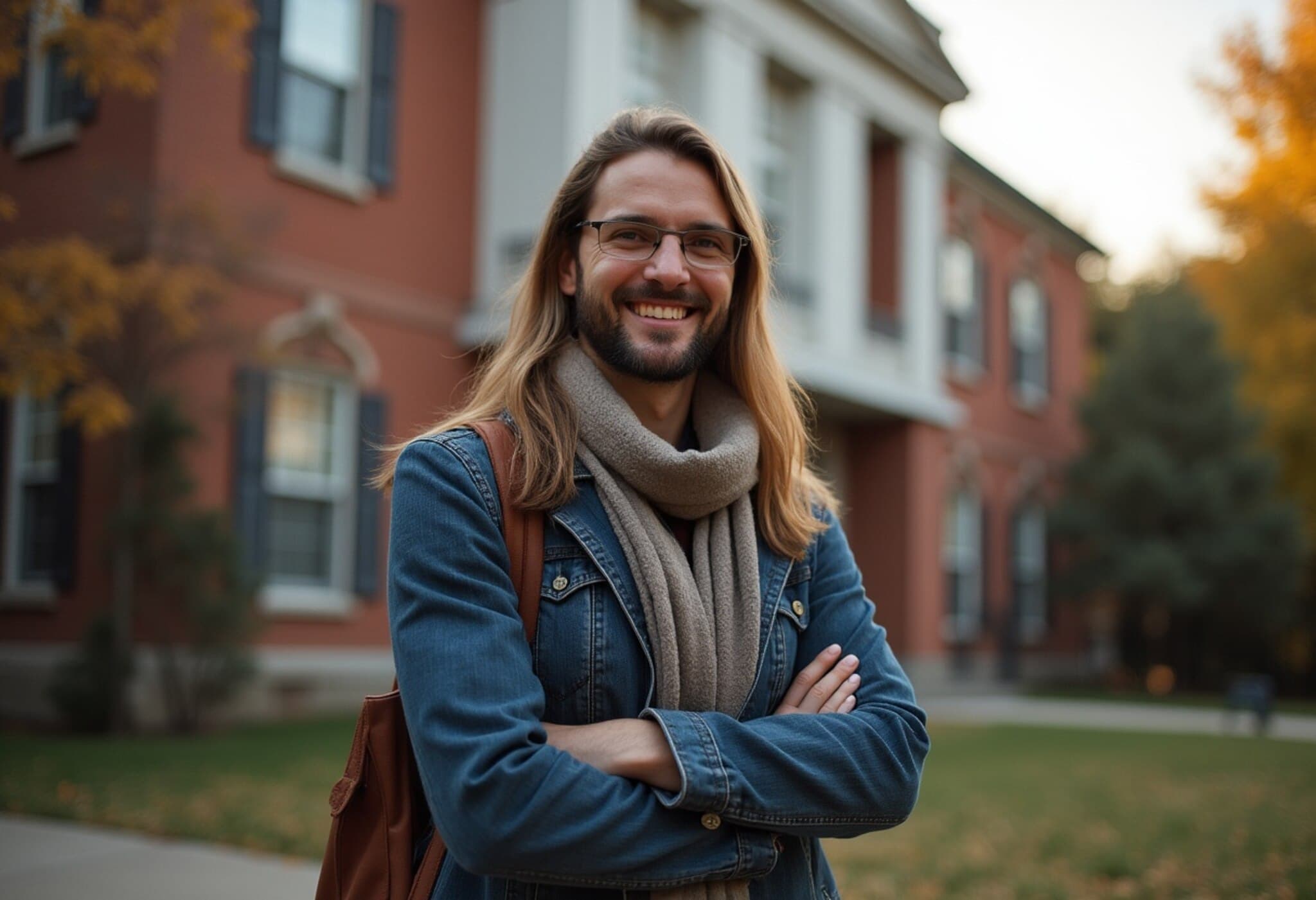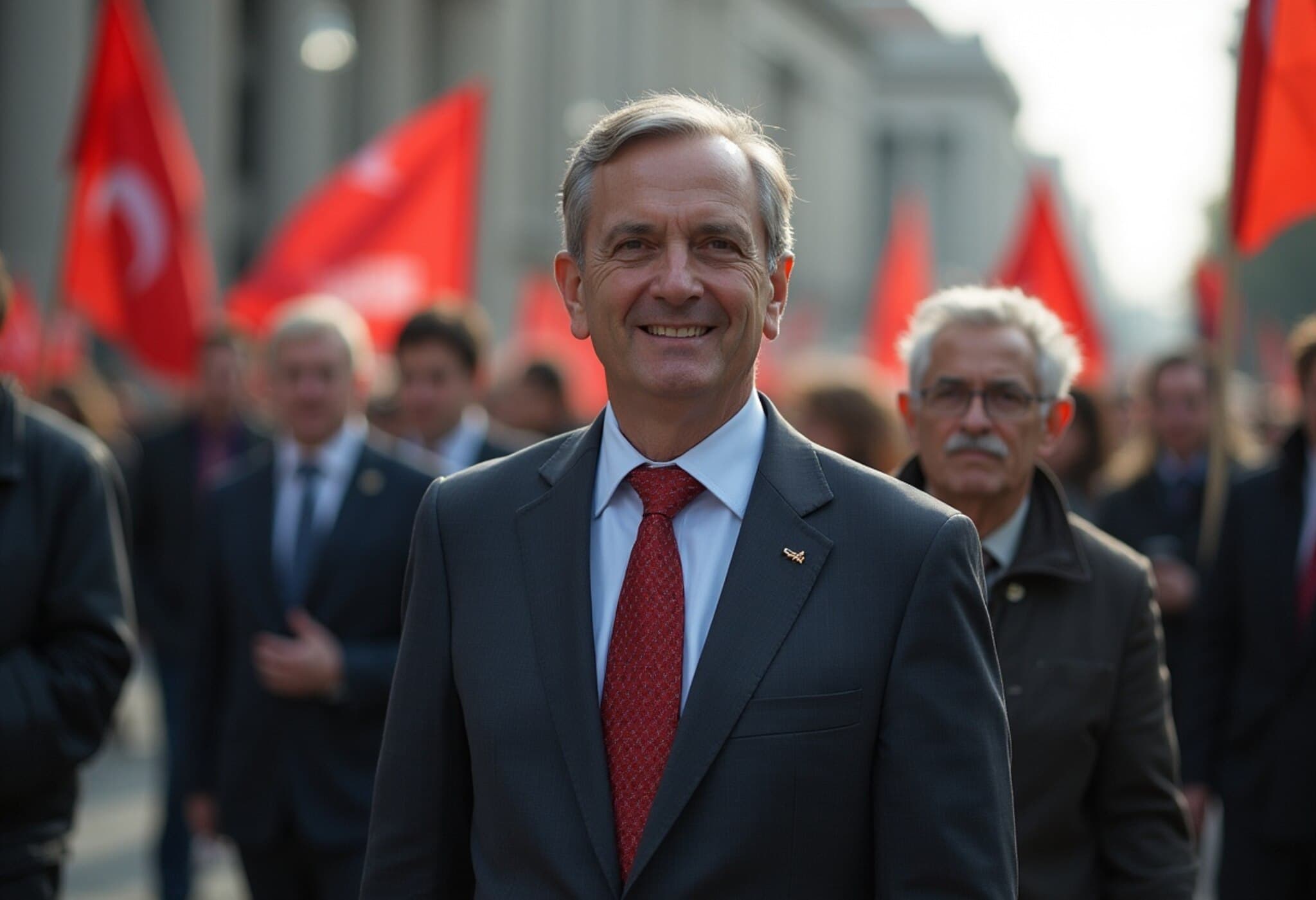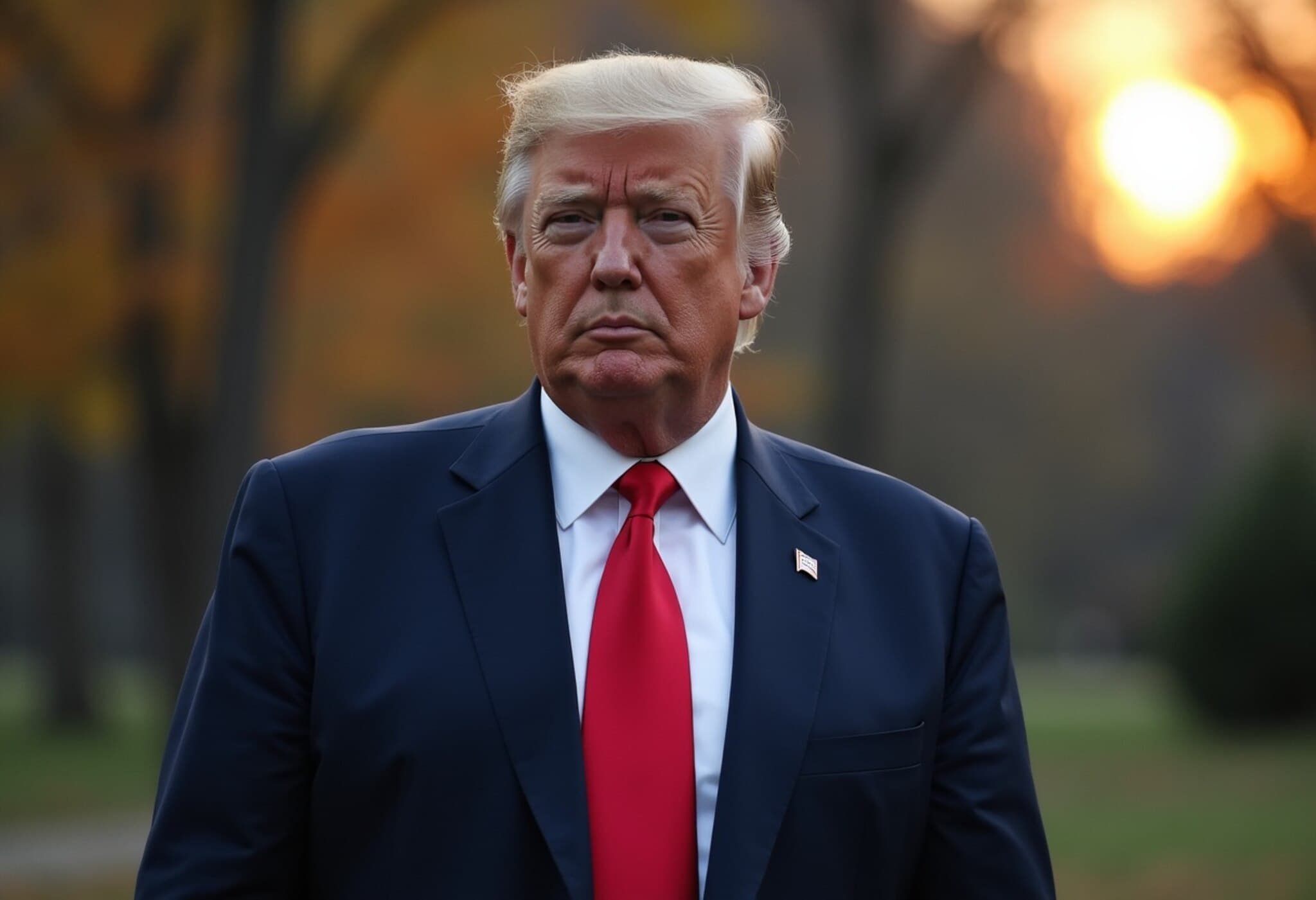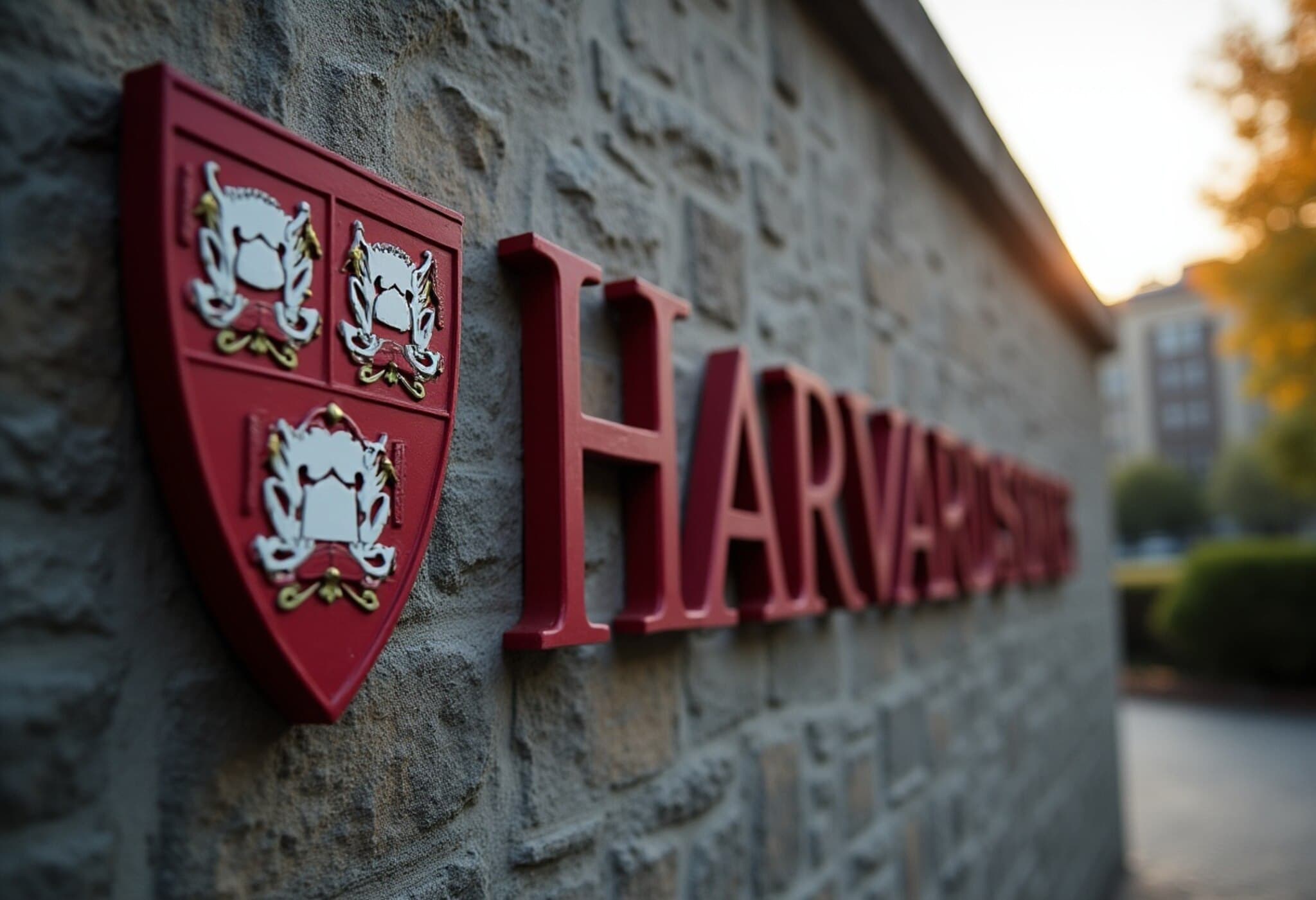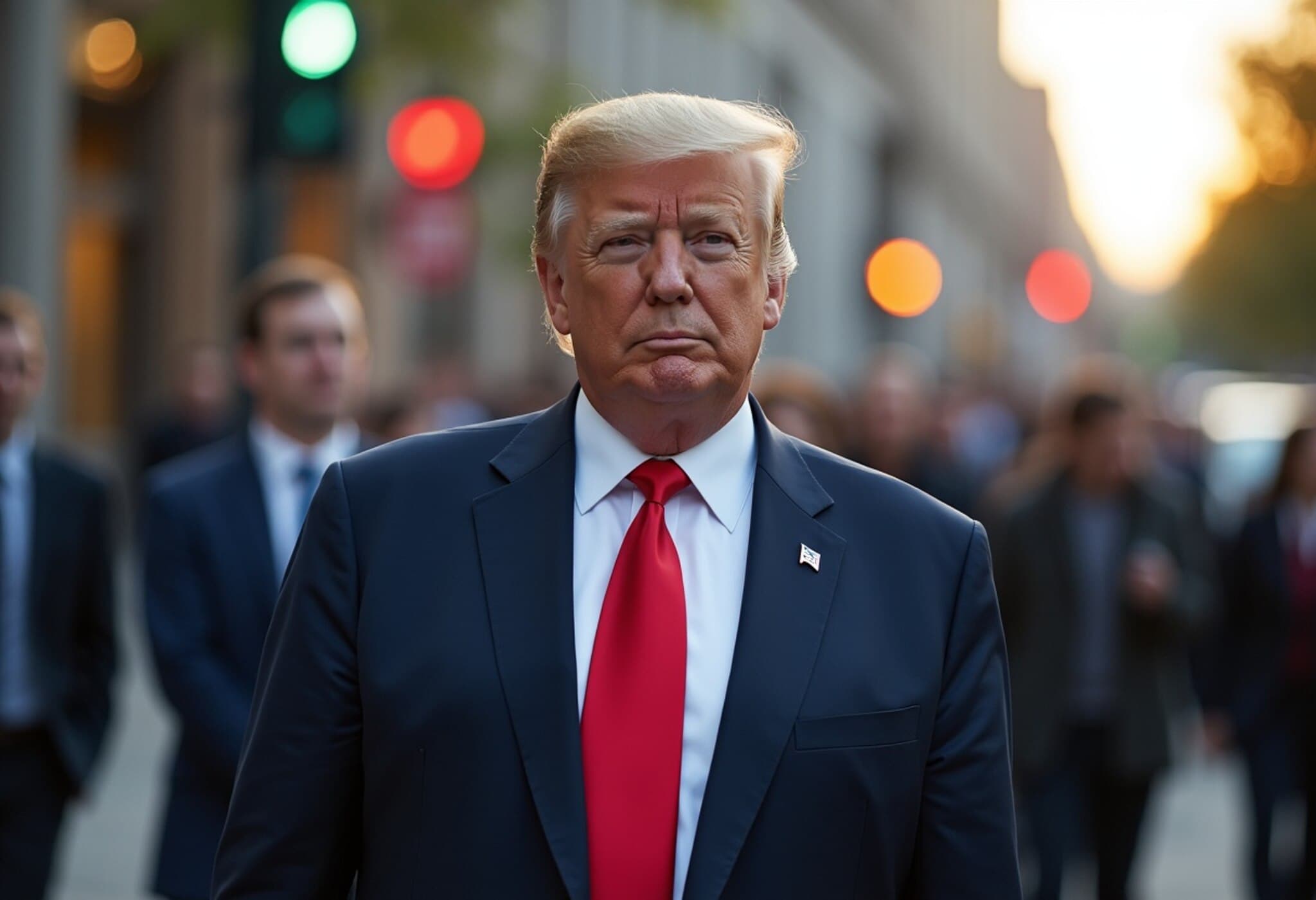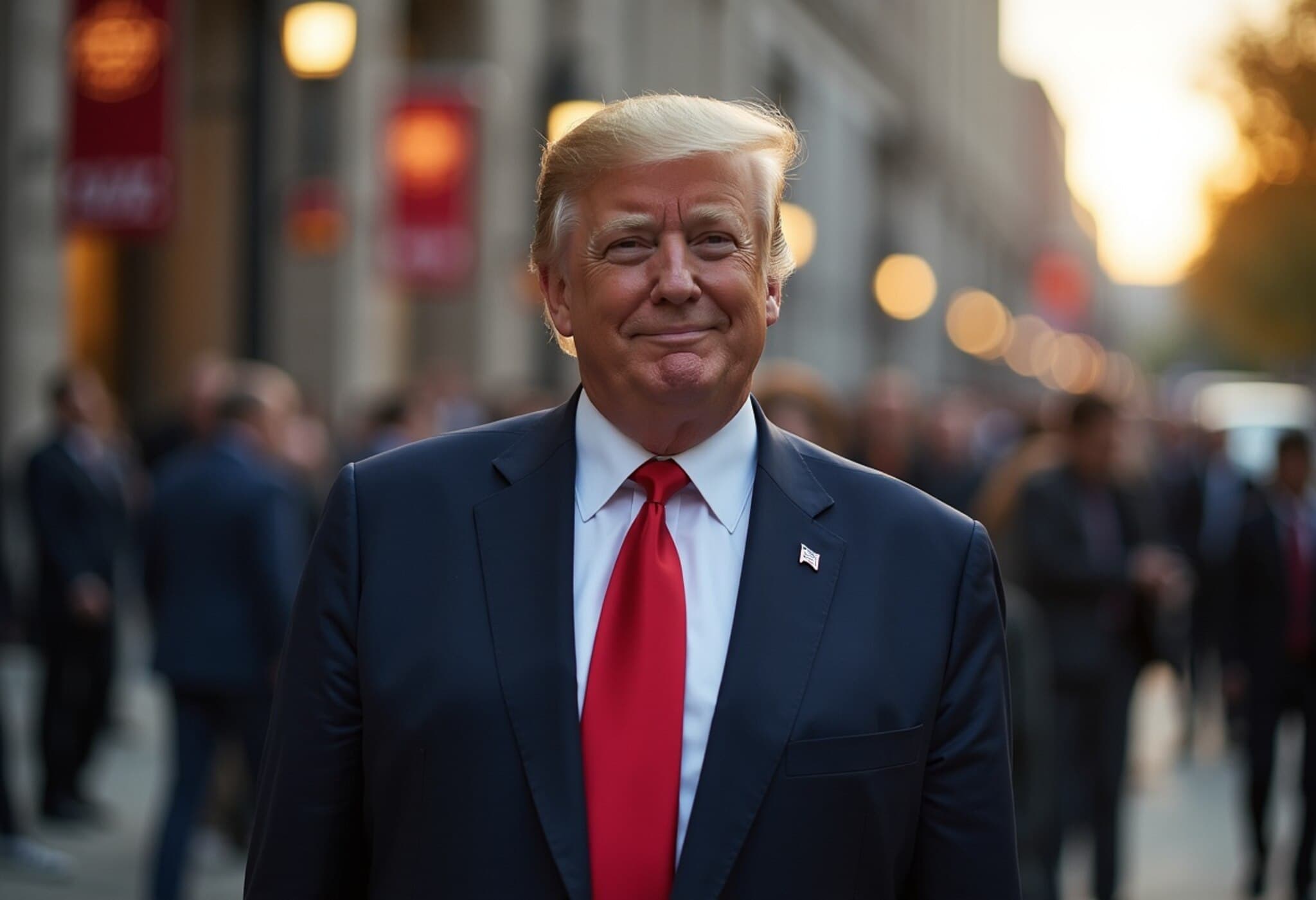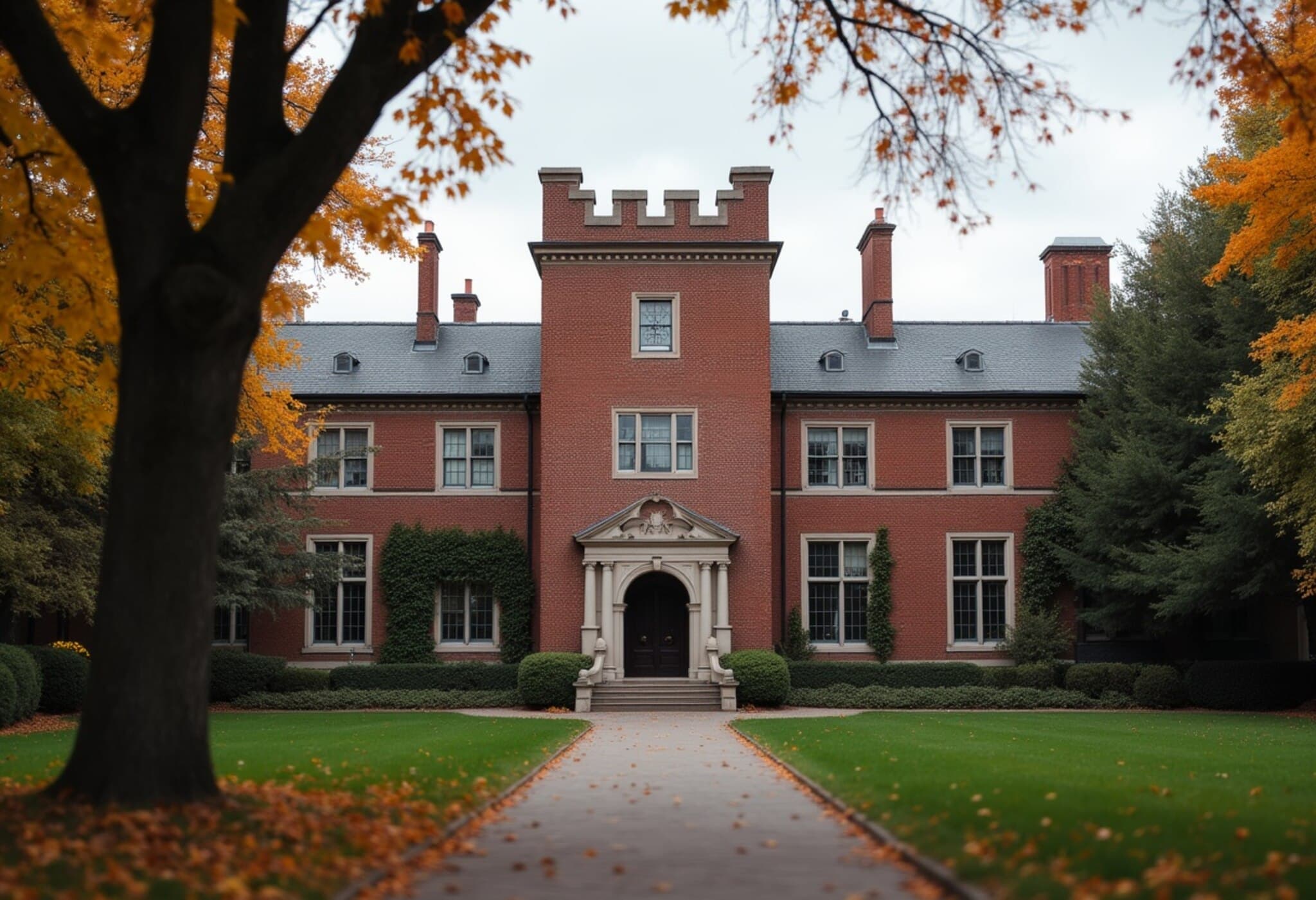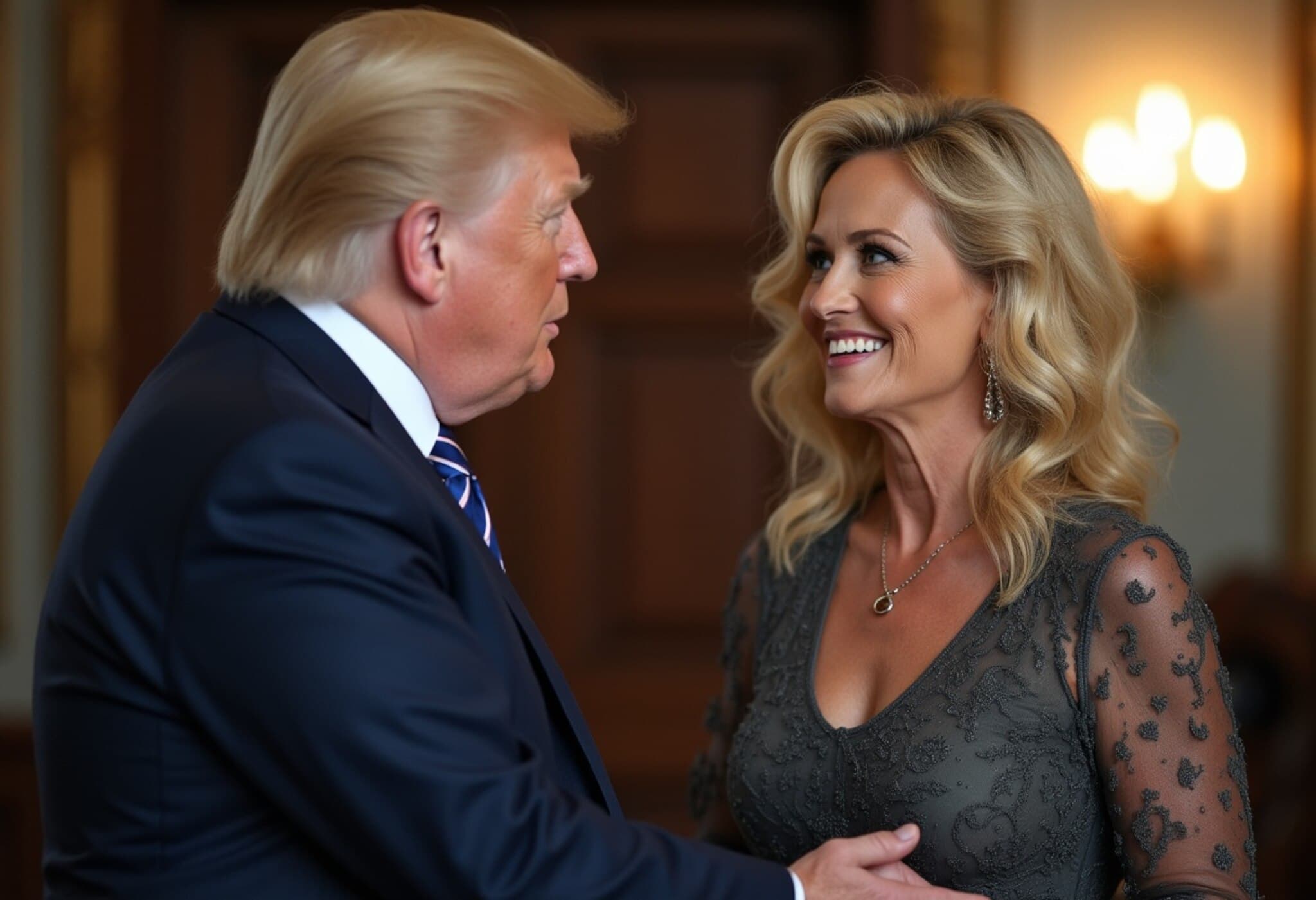Columbia University and Trump Administration Close in on Landmark Settlement
In a significant development that melds the worlds of higher education, federal funding, and civil rights, Columbia University and the Trump administration are reportedly edging towards a comprehensive deal. This potential agreement, currently in draft form, aims to resolve allegations that Columbia failed to adequately protect its Jewish students from harassment—a controversy that has not only stirred national debate but also resulted in drastic financial repercussions for the university.
Background: Federal Funding Cut amid Allegations of Harassment
Earlier in 2025, the Trump administration made waves by cutting approximately $400 million in federal research funding to Columbia University. This unprecedented action was reactive to claims of antisemitic harassment on campus, especially following the heightened tensions post the Israel-Hamas conflict. Additional punishments extended to other Ivy League and prestigious schools, including Harvard, Cornell, and Northwestern.
This funding cut has had profound implications. Notably, the National Institutes of Health (NIH), a vital lifeline for medical and scientific research, froze almost all ongoing funding to Columbia. According to data compiled by the independent project Grant Watch, an estimated $1.18 billion in NIH grants and reimbursements to Columbia have been either terminated or frozen. The National Science Foundation and other agencies similarly followed suit, placing Columbia’s research standing under threat.
Negotiation Dynamics: Financial Reparation and Institutional Concessions
Sources familiar with the talks reveal that Columbia may agree to pay upwards of $200 million as compensation for the alleged civil rights violations. This sum would be part of a larger settlement intended to restore at least some of the halted federal funds. Beyond monetary components, the university is poised to accept additional terms aimed at increasing transparency in admissions processes and overseeing foreign donations, addressing concerns over external influences within academic institutions.
Crucially, the draft agreement appears less intrusive than an earlier April proposal, which included a judge-approved consent decree—a binding legal mechanism that would have placed Columbia under extended federal supervision. This softer approach may reflect a compromise balancing federal oversight with institutional autonomy.
Columbia’s Strategy and Reactions Within Academia
Unlike Harvard, which took a combative route by suing the administration, Columbia elected to negotiate. This pragmatic decision attracted criticism from some academics who viewed it as a concession. However, acting Columbia President Claire Shipman defended the approach, emphasizing that adherence to legal processes and seeking resolution doesn’t signify surrender.
Interestingly, despite its initial resistance, Harvard has resumed discussions with the Trump administration concerning the restoration of billions in funding. This suggests a possible shift toward resolutions within elite academic circles uneasy with prolonged funding suspensions.
Broader Implications: Antisemitism, Academic Freedom, and Federal Oversight
The dispute highlights complex tensions at the intersection of civil rights enforcement, academic freedom, and federal authority. Universities must balance protecting minority students from harassment with maintaining independent governance, all while navigating scrutiny over funding sources and curricula.
The involvement of the White House’s antisemitism task force and senior adviser Stephen Miller underscores the administration’s focus on addressing campus antisemitism as a national priority. However, questions linger:
- How might such settlements affect the autonomy of universities in managing campus issues?
- Will these agreements set precedents for federal intervention in other civil rights complaints within higher education?
- What safeguards will ensure that financial settlements translate into meaningful cultural and policy changes on campuses?
What’s Next?
Columbia officials are expected to meet with Trump administration representatives at the White House in the coming week to finalize the settlement. University spokesperson Virginia Lam Abrams has refrained from confirming specifics, signaling that the discussions remain delicate.
As Columbia stands at this crucial juncture, the broader academic community watches closely. The resolution of this case could herald a new era of how universities address harassment complaints while managing vital federal research funds amid politically charged environments.
Editor’s Note
This developing story spotlights a pivotal moment where federal governance, university autonomy, and the protection of students’ civil rights intertwine. While Columbia’s negotiations may restore lost funding and provide restitution, they also raise critical questions about the balance of power and accountability in higher education. Observers and stakeholders alike should consider how such frameworks might evolve and what this means for American universities confronting not just antisemitism but broader civil rights challenges.

